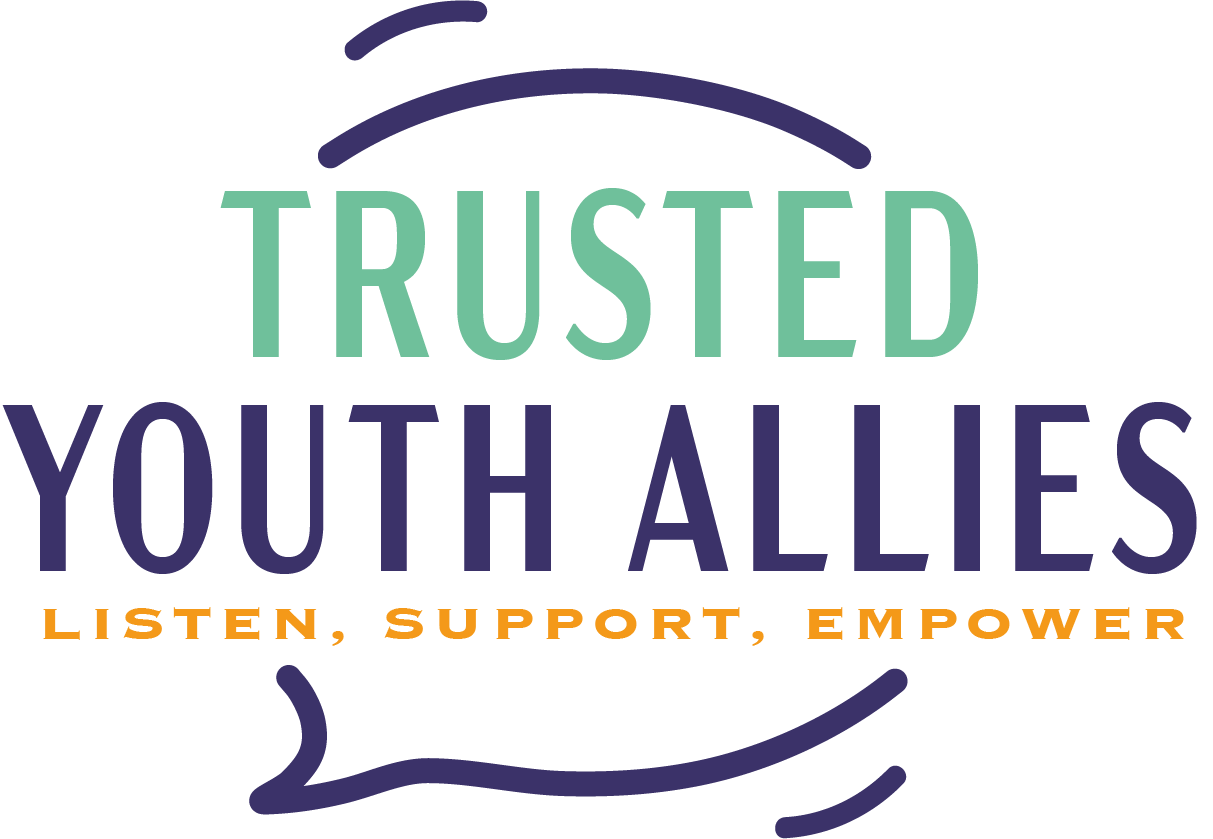Experiencing a crime can stir up a whirlwind of emotions, leaving you overwhelmed and unsure how to cope. Understanding and acknowledging your feelings is an essential step in the healing process. This resource aims to guide you through the common emotions you may experience as a victim of crime and provide strategies for moving forward.
- Shock and Disbelief: After the crime has occurred, you may feel stunned and unable to grasp the reality of what has happened. It is normal to struggle to comprehend what has happened and to feel numb or disconnected. Allow yourself time to process these emotions and reach out to trusted friends, family, or professionals to navigate through this initial shock.
- Shame and Guilt: Victims of crime often experience feelings of shame and guilt, questioning if they could have done something differently to prevent the incident. Remember that you are not to blame for what happened. No one deserves to be a victim of crime, and it is essential to recognise that the responsibility lies with the perpetrator, not you.
- Fear and Anxiety: Fear about safety and uncertainty about the future are common reactions to being a victim of crime. Feeling on edge is natural, but try not to let fear control your life. Practice self-care techniques such as deep breathing and mindfulness and utilise your support network to manage your anxiety.
- Anger and Frustration: Feeling angry and frustrated is a valid response to being a victim of crime. You may feel a sense of injustice or betrayal. Find outlets for your anger, such as journaling and exercising, to prevent it from consuming you.
- Sadness: Sadness and grief are natural reactions to loss and trauma. You may mourn the loss of your sense of security, trust, or innocence. Allow yourself to grieve and seek comfort from supportive individuals. Remember that healing takes time, and seeking professional help is okay if you are struggling to cope.
Moving Forward: Here are some strategies that may help you navigate your recovery journey and provide direction and motivation as you navigate difficult emotions.
- Reflect on your emotions: You may find it helpful to keep a journal to reflect on your thoughts and feelings. By doing so, you may find clarity and be able to identify your strengths and things that have helped you cope with your challenges, which can help build your resilience. Focus on building upon these strengths as you move forward.
- Seek support: It is important to express your emotions rather than bottle them up. Surround yourself with a supportive network of friends, family, or professionals with whom you can discuss your feelings and experiences; they may be able to offer guidance, encouragement, and understanding.
- Practice self-care: Take care of your physical, emotional, and mental well-being by engaging in activities that bring you joy and relaxation. Remember to rest, eat nutritiously, and exercise regularly to improve your well-being.
- Avoid unhealthy coping mechanisms: Choosing healthy coping strategies is crucial during recovery. It is important to avoid relying on substances, like drugs or alcohol, as well as other harmful behaviours, such as self-harm or isolating yourself from supportive relationships. These methods can often lead to additional challenges and difficulties in the healing process.
- Set achievable goals: Break down your larger goals into smaller, manageable steps to work towards each day. Celebrate your progress and be kind to yourself if you encounter setbacks.
- Re-establish routines: Establishing a sense of normality can provide comfort and stability during difficult times.
- Stay hopeful: Recovery is a journey with ups and downs, but it is important to remain optimistic for the future. Believe in your ability to overcome challenges and lead a fulfilling life beyond the impact of the crime.
Understanding and coping with the complex range of emotions that arise from being a victim of crime is a challenging but necessary part of the healing process. By acknowledging your feelings, seeking support, practising self-care, and setting goals for your recovery, you can empower yourself to navigate through adversity and emerge stronger on the other side. Remember that you are not alone; there is hope for a brighter tomorrow.
Further Resources:
Victim Support:
https://www.victimsupport.org.uk
Victim Support is an independent charity dedicated to helping individuals affected by crime and traumatic incidents. Their services are available 24/7, year-round, offering free and confidential support to anyone impacted by crime or traumatic events, regardless of whether the crime was reported to the police or when it occurred.
Call Supportline on 08 08 16 89 111
Victim Support has resources that can help you make sense of your emotions and care for your well-being after being affected by crime:
The Mix:
The mix provides one-to-one chat and messenger services, discussion boards and information for young people.
Kooth:
Kooth is an anonymous site that helps children and young people feel safe and confident when exploring their concerns and seeking professional support.
Young Minds:
YoungMinds is a mental health charity for children, young people, and their parents, ensuring that all young people can get the mental health support they need.
Mind:
Mind provides advice and support to empower anyone experiencing a mental health problem. They campaign to improve services, raise awareness, and promote understanding.
InfoLine: 0300 123 3393
The Mind InfoLine can help you find specialist services in your area.

